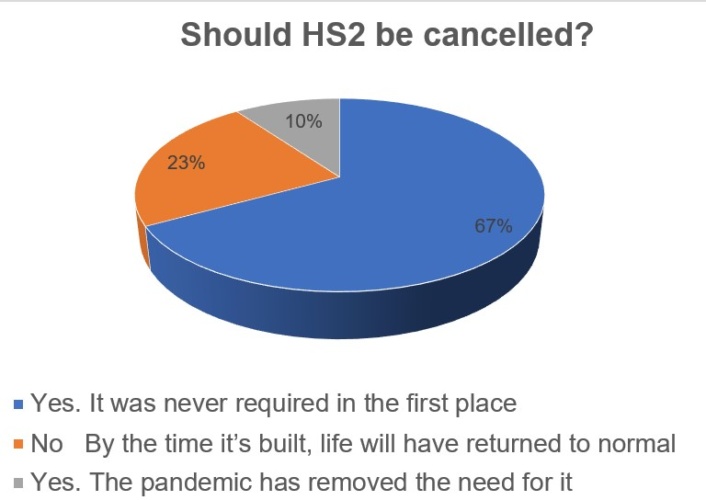In September, after years of debate and argument – and in the teeth of a pandemic that has seen rail passenger numbers drop to their lowest levels for more than 150 years - construction work finally began on HS2, the new £100bn high speed rail network that will ultimately link London, Birmingham, Manchester and Leeds.

The government hailed the start of the project as the beginning of an infrastructure-led recovery, with Boris Johnson claiming it will “fire up economic growth” and create thousands of jobs.
However, it’s hard to escape the feeling that HS2 has been somewhat overtaken by events.
With commuters around the UK working from home, and businesses increasingly enjoying the efficiencies and flexibilities offered by remote working and conferencing tools there are few guarantees that - despite our collective hankering for a bit more face-to-face contact – our patterns of behaviour haven’t changed permanently.
Indeed it could be argued that whilst HS2 was supposed to level up the UK’s economic landscape, the pandemic - and the way in which it has accelerated the adoption of digital tools - has reshaped the geography of the UK’s business landscape far more profoundly than any railway network could.
Please continue to join the debate below the line. Please note, all comments are moderated.





IEA report claims batteries are ‘changing the game’
The weight and bulk of static batteries, even domestic units, is immaterial. The IEA's trilemma is illustrated here:-...